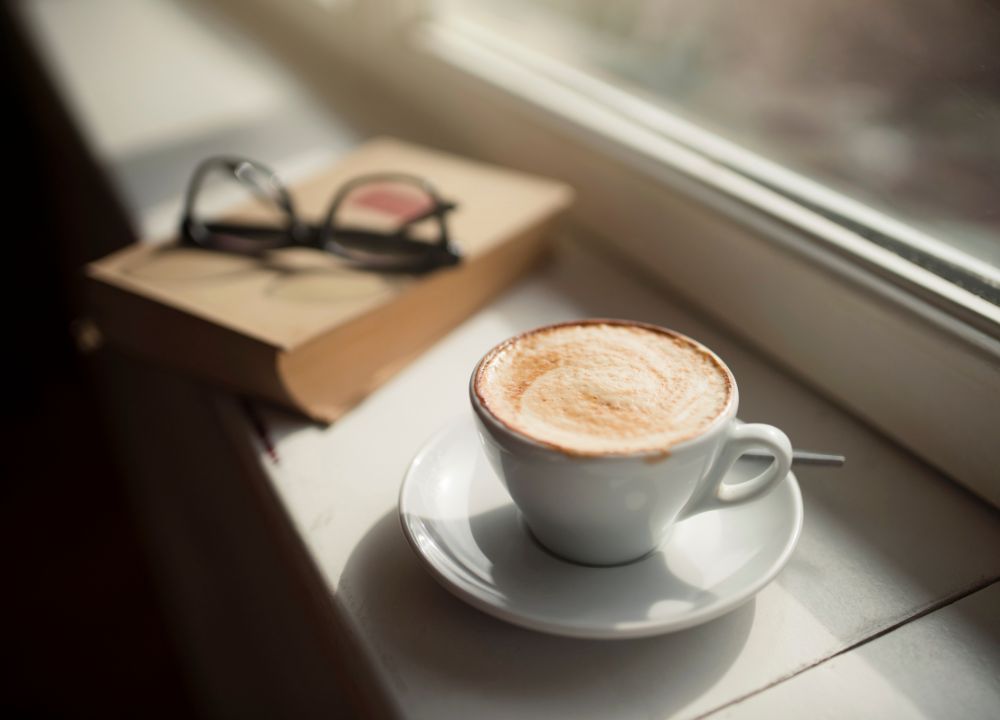The 8‑Hour Myth
“Just get 8 hours of sleep.”
It’s a well-meaning health mantra, but let’s be honest:
- You’ve had nights where you got 8+ hours and still woke up groggy.
- You’ve had 6-hour nights where you weirdly felt sharp.
- And you’ve probably started questioning whether hours alone tell the full story.
Here’s the truth: they don’t.
While total sleep time is important, sleep efficiency—how much quality sleep you actually get during that window—is often more predictive of energy, recovery, and hormonal health.
And for busy adults juggling stress, training, kids, or careers, this shift in perspective is critical.
What Is Sleep Efficiency?
Sleep efficiency is the percentage of time you’re actually asleep during the time you’re in bed.
If you lie down for 8 hours but only sleep 6.5 of those (due to tossing, bathroom trips, stress, etc.), your sleep efficiency is ~81%.
Optimal sleep efficiency is generally considered 85% or higher.
So, it’s not just about staying in bed longer—it’s about making the sleep you do get more restorative.
Why It Matters for Hormone Health
Your hormonal system doesn’t just “shut off” at night—it runs a highly synchronized repair cycle while you sleep.
Key hormonal functions during sleep:
- Growth Hormone (GH) peaks during deep sleep (slow-wave). Crucial for muscle repair, fat metabolism, and immune function.
- Testosterone is primarily secreted during REM and early morning hours. Less REM = lower T.
- Cortisol drops at night, then ramps up in the early morning. But if sleep is disrupted, this rhythm gets thrown off—leading to fatigue, anxiety, and poor glucose control.
- Leptin and Ghrelin, your hunger hormones, are regulated during sleep. Poor sleep = higher cravings and disrupted appetite the next day.
Research even shows that fragmented sleep, even if total duration is normal, can suppress testosterone and growth hormone just as much as short sleep.
Quality vs. Quantity: Where Most People Miss the Mark
Most sleep tracking devices (Oura, WHOOP, etc.) show this clearly:
You might be in bed from 10pm to 6am, but only hit 45 minutes of deep sleep and 60 minutes of REM. The rest? Light or disrupted.
That means:
- Less physical repair (GH)
- Lower hormonal output (testosterone, estrogen)
- Slower muscle growth
- Sluggish metabolism
- Weakened immunity
- Poor mental clarity
All because your sleep stages were inefficient.
How to Improve Sleep Efficiency (Not Just Duration)
You don’t need more hours. You need better ones. Here's where to start:
1. Anchor Your Circadian Rhythm
- Get sunlight within 30 minutes of waking (even through cloud cover). This trains your brain to “start the clock” for hormone release.
- Go to bed and wake up at consistent times—yes, even weekends. This creates a predictable hormone rhythm.
2. Create a Pre-Sleep Wind-Down Window
- 60 minutes before bed, power down from stimulation (no news scrolls, doom-scrolling TikTok, or heated arguments).
- Avoid overhead lighting—use warm lamps or red-spectrum bulbs to reduce melatonin disruption.
- Try a low-dose magnesium glycinate or theanine to aid relaxation if stress is high.
3. Prioritize Blood Sugar Stability
- Avoid big spikes before bed. That “healthy dessert” could cause a crash at 3am.
- Instead, go for a protein + fat snack if needed (ex: Greek yogurt with chia seeds or a boiled egg with avocado).
4. Nix Late-Night Alcohol and Caffeine
- Alcohol reduces deep and REM sleep, even if it knocks you out quickly.
- Caffeine’s half-life is 6–8 hours. That 3pm latte may still be active at 9pm.
5. Train—But Not Too Late
- Strength training improves sleep quality if done earlier in the day.
- High-intensity workouts too close to bedtime can elevate cortisol and delay melatonin release.
Final Word
Sleep isn’t just about time under the covers—it’s a performance tool.
And efficiency—the quality of your deep and REM stages—is what determines how well your body repairs, grows, and adapts.
If you're chasing better hormone balance, energy, strength, or body composition, don't just track the hours.
Track the impact of those hours.
Sometimes, the fix isn’t more sleep.
It’s better sleep.

.jpg)
.jpg)


.png)